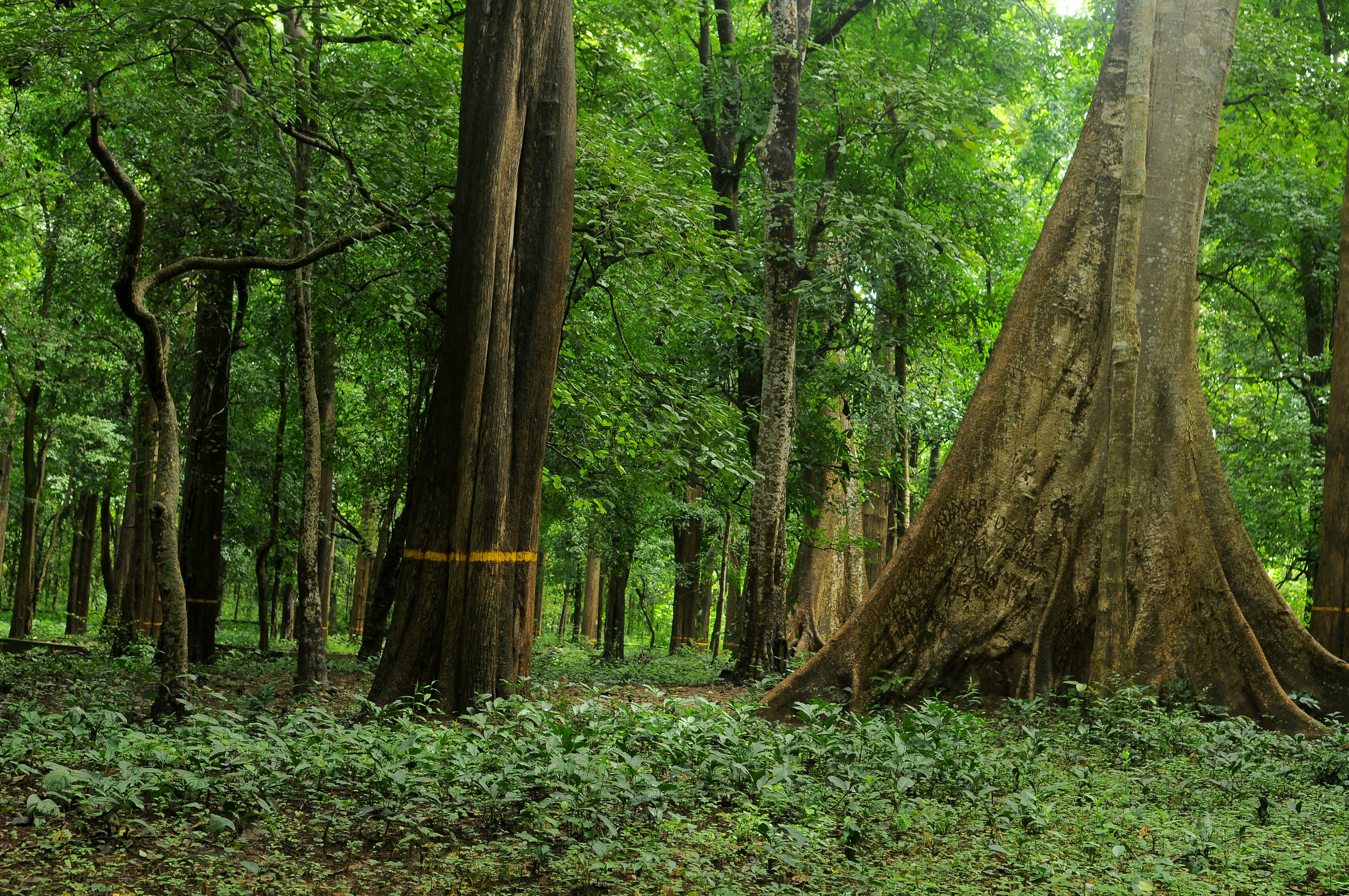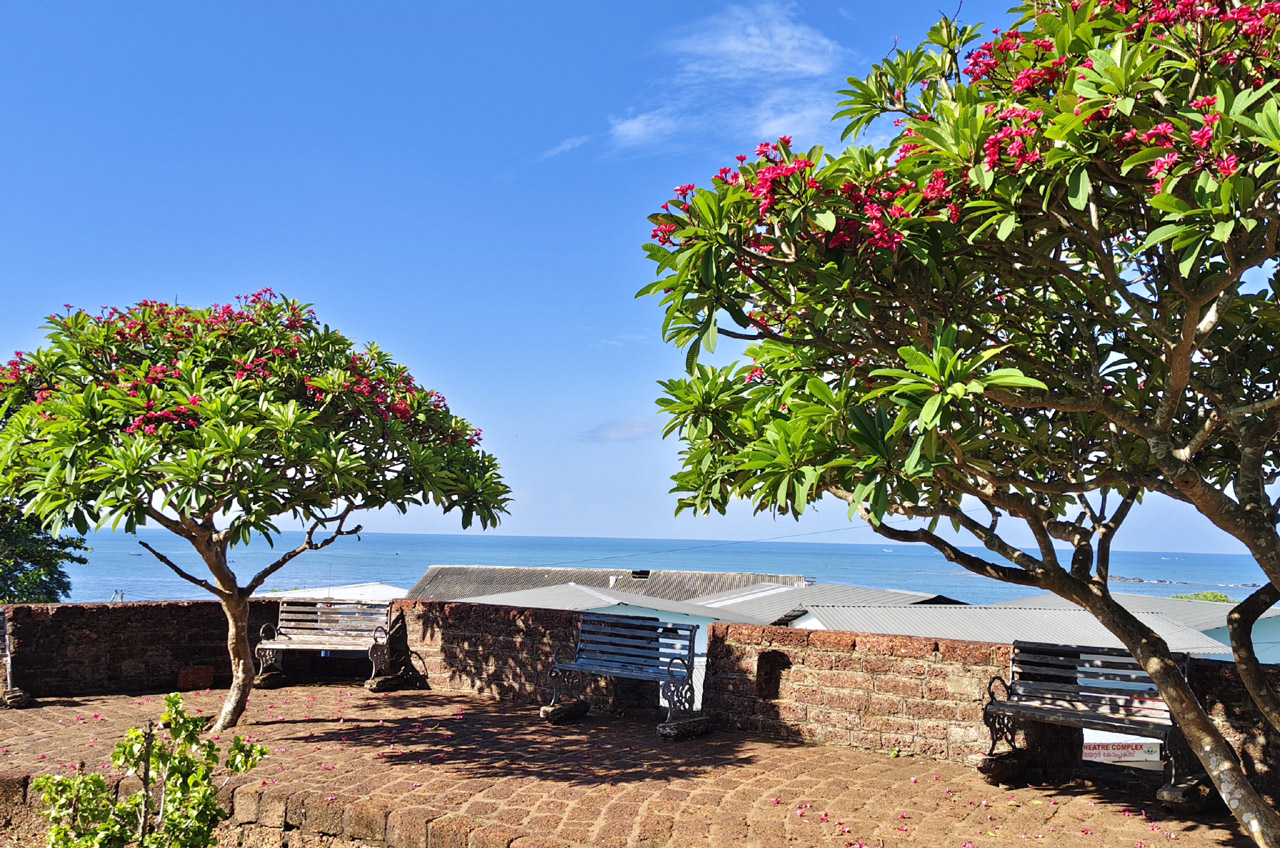Charting a Greener Path: Kerala's Calculated Push for Eco-Tourism

Kerala, often lauded for its captivating landscapes, has moved beyond mere rhetoric to strategically cultivate eco-tourism. This isn't simply about showcasing natural beauty; it's a calculated endeavor involving policy shifts, community empowerment, and tangible investments, all aimed at fostering a sustainable tourism model. Data and expert insights reveal a multi-pronged approach designed to preserve the state's ecological wealth while offering enriching experiences.
Community Participation at the Core
One of the foundational pillars of Kerala's eco-tourism strategy is the active involvement of local communities. The Responsible Tourism Mission (RT Mission), a nodal agency established by the state government, embodies this philosophy. Their initiatives focus on creating village life experiences, promoting local crafts, and ensuring that tourism revenue directly benefits the residents.
As Rupesh Kumar K., CEO of the Kerala RT Mission, aptly stated, "Responsible Tourism in Kerala took wings under the leadership of Mr. RupeshKumar K... making tourism a tool for the development of village and local communities, eradicating poverty and giving emphasis to women empowerment." This isn't just anecdotal; the RT Mission has demonstrably created livelihoods and empowered marginalized groups across the state. For instance, their "Village Life Experience" packages have garnered national recognition, showcasing the tangible economic benefits flowing to local populations.
Eco-Tourism in Protected Forest Areas

The Kerala Forest Department plays a pivotal role in managing and promoting eco-tourism within protected areas. With over 80 operational eco-tourism centers across the state, including renowned locations like Periyar Tiger Reserve and Eravikulam National Park, they offer a range of activities such as guided treks, nature walks, and wildlife safaris.
Statistical reports from the Forest Department consistently show an increase in visitor numbers to these eco-tourism sites year-on-year, indicating a growing interest in nature-based experiences. This increase isn't accidental; it's a result of conscious efforts to provide well-managed access while adhering to conservation principles.
Investment in Sustainable Infrastructure
The government has also actively invested in developing eco-friendly infrastructure and promoting sustainable practices within the tourism sector. This includes the establishment of eco-friendly resorts and homestays that prioritize waste management, water conservation, and the use of renewable energy sources.
While specific state-wide statistics on the prevalence of such accommodations are still evolving, the increasing number of resorts adopting green certifications and the promotion of "K-Homes" (homestays offering local experiences) signal a clear direction. P.A. Mohamed Riyas, Kerala's Minister for Tourism and Public Works, highlighted the K-Homes project, stating it "offers the tourists a comfortable stay and a hands-on feel of local culture and cuisine," subtly embedding sustainability within the visitor experience.
Marketing and Global Recognition
Kerala Tourism actively markets its eco-tourism offerings, highlighting the state's biodiversity and commitment to conservation. Their campaigns often feature the unique flora and fauna, the pristine backwaters, and the responsible ways to experience them.

While quantifying the direct impact of these marketing efforts on eco-tourism revenue can be complex, the consistent ranking of Kerala among the top eco-tourism destinations in India by various travel publications and organizations suggests a positive correlation.
Challenges and Future Directions
However, the path to a fully sustainable eco-tourism model isn't without its challenges. Issues such as effective waste disposal in tourist hotspots and the need for better coordination between government departments, as pointed out in various studies on Kerala's tourism sector, still need consistent and robust solutions.
Balancing the increasing tourist footfall with the carrying capacity of fragile ecosystems remains a critical concern.
A Sustainable Tourism Vision for Kerala
Despite these challenges, the statistical trends and the government's continued focus on initiatives like the Responsible Tourism Mission and the Forest Department's eco-tourism programs indicate a strong commitment to fostering a more sustainable tourism future for Kerala.
The increasing tourist interest in eco-friendly experiences, coupled with targeted government actions, suggests a positive trajectory. By prioritizing community involvement, responsible practices, and the preservation of its natural heritage, Kerala is strategically positioning itself as a leader in the evolving landscape of global eco-tourism.
The journey is ongoing, but the data and expert opinions point towards a deliberate and impactful effort to chart a greener path for "God's Own Country."